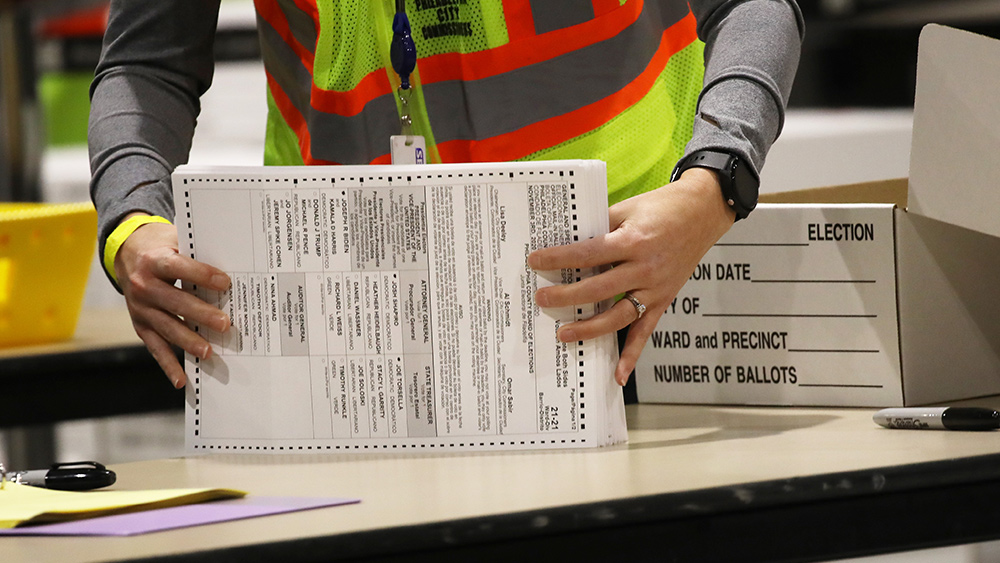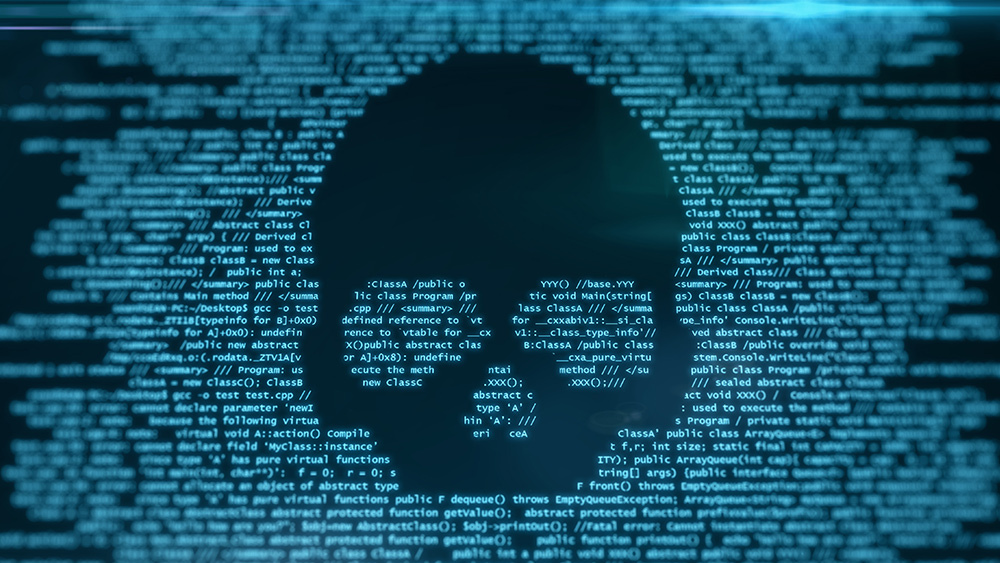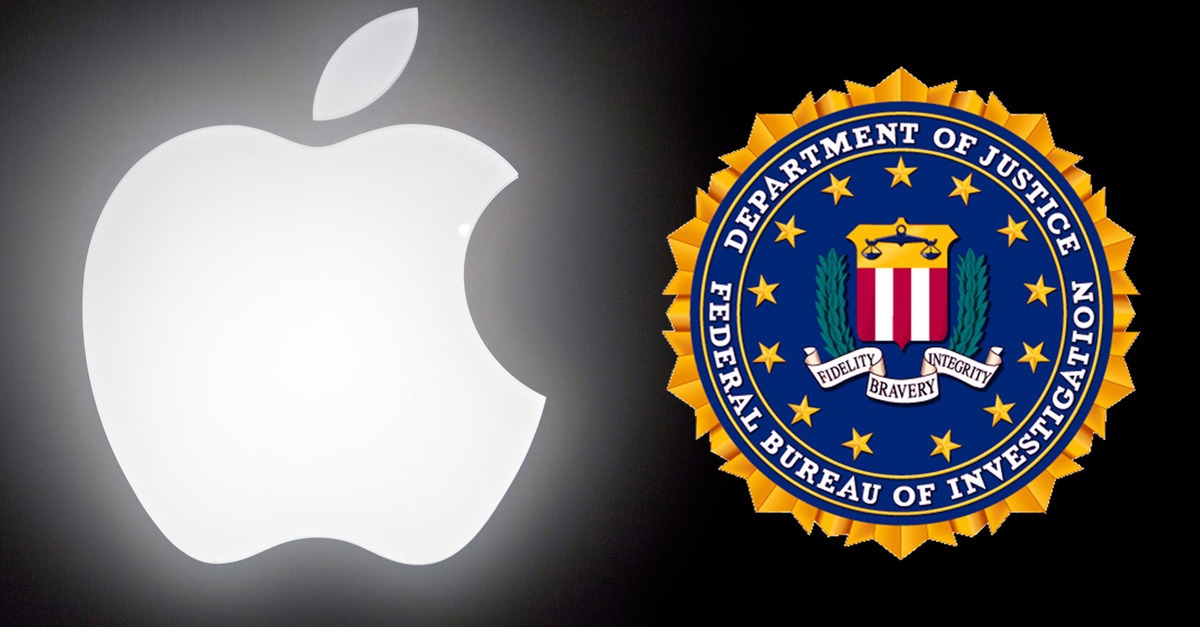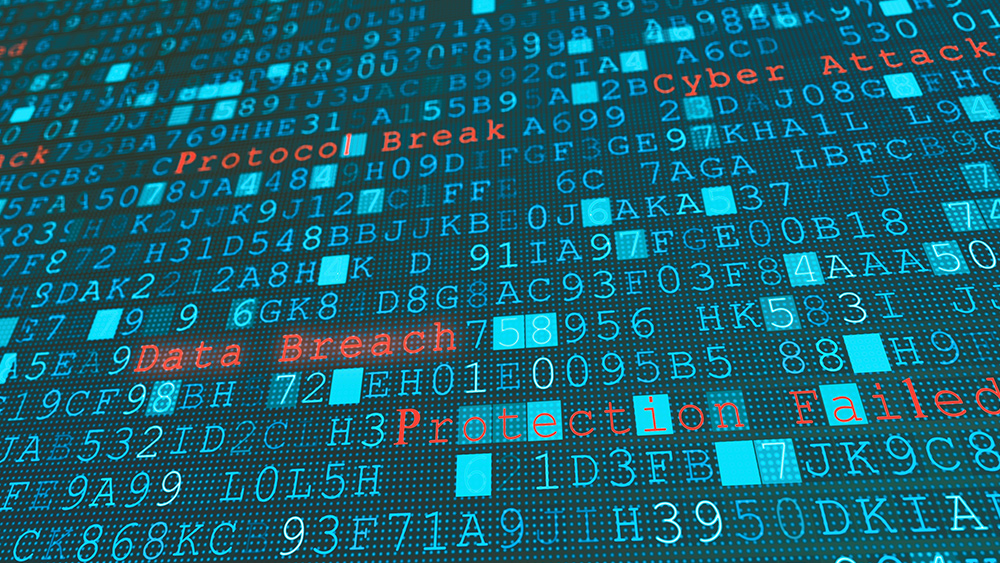Russia offering SWIFT alternative to India for ruble payments
04/01/2022 / By News Editors
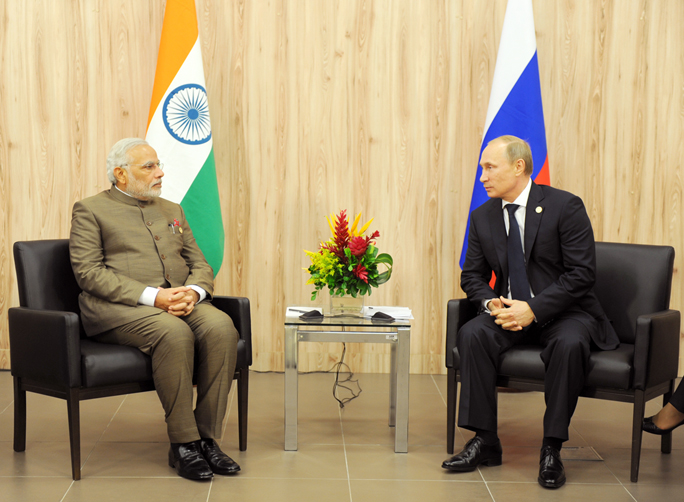
India is considering a proposal from Russia to use a messaging system developed by the Russian central bank for bilateral payments as New Delhi isn’t following the US-led economic campaign against Moscow, Bloomberg reported on Wednesday.
(Article by Dave DeCam republished from News.Antiwar.com)
Sources told Bloomberg that the plan involves using Russia’s messaging system, known as SPFS, for rupee-ruble-denominated payments. The proposal is expected to be discussed when Russian Foreign Minister Sergey Lavrov arrives in India for a two-day visit on Thursday.
The Russian proposal came after the US and its allies imposed sanctions cutting seven Russian banks from SWIFT, the main messaging system used for international financial transactions. Western sanctions also targeted Russia’s use of the dollar and euro, prompting Moscow to demand Europe pay for gas in rubles.
As the West is looking to limit its purchases of Russian energy, India is looking to buy more Russian oil at a discount price despite pressure from Washington to join the campaign against Moscow. India is also a major purchaser of Russian weapons, and the Biden administration is openly considering sanctions on New Delhi over its stockpile of Russian arms.
Last week, Biden said the US’s allies in Europe and Asia have presented a unified front since Russia invaded Ukraine, with the exception of India, which he described as having a “shaky” stance. India has abstained from condemning Russia’s attack on Ukraine at the UN.
India is a member of the Quad and is seen by the US as a counter to China in the region. But if the US goes ahead and sanctions India over its relationship with Russia, it will likely make New Delhi more hesitant about increasing military cooperation with Washington.
Read more at: News.Antiwar.com
Submit a correction >>
Tagged Under:
bank messaging system, banking, big government, chaos, currency, finance, India, money supply, ruble, rupee, Russia, sanctions, SWIFT, US, World War III
This article may contain statements that reflect the opinion of the author
RECENT NEWS & ARTICLES
COPYRIGHT © 2017 COMPUTING NEWS




